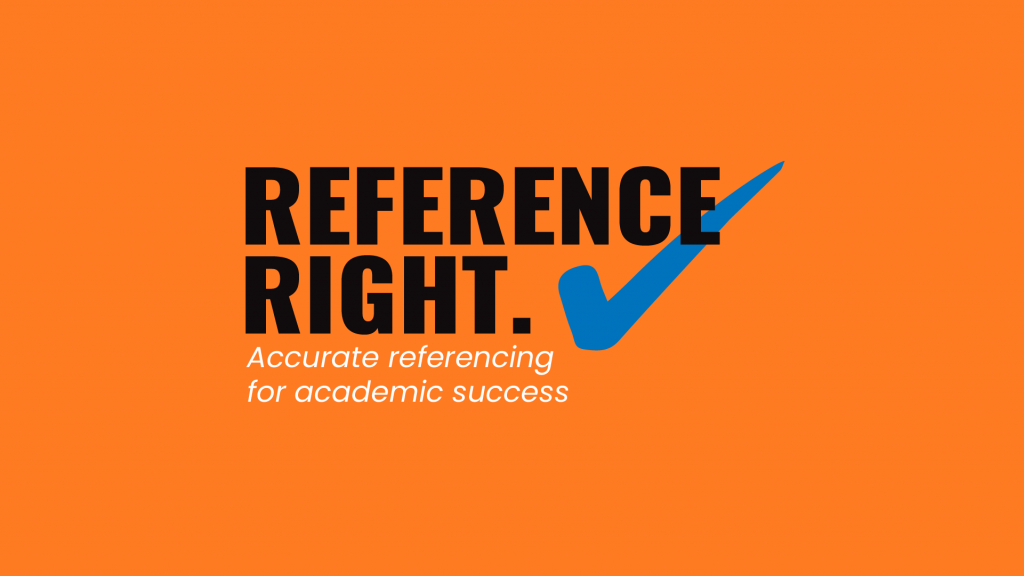Guild launches Reference Right campaign to tackle plagiarism

Exeposé spoke to Jack Liversedge, VP Education, about the Students’ Guild Reference Right campaign, which aims to reduce the number of academic misconduct cases.
Exeposé: What was the initial idea behind the campaign?
Jack Liversedge: The project really came about from talking with our advice unit here in the Guild, it wasn’t necessarily something I had on my radar before coming into my role. Many of the assessments the Student Cases team process every year is to do with what they consider to be unintentional misconduct.
Over the last four years, there has been a total of 4639 assessments referred to the Student Cases team for academic misconduct. This is out of a total of 1,824,753 assessments, therefore making up 0.26 per cent of cases. The number of assessments referred has doubled in the last two academic years (2020-2021 and 2021-2022) compared to the preceding two (2018-2019 and 2019-2020) – from an average of 758.5 to 1561 (0.185 per cent of total assessments to 0.315 per cent).
There will always be instances of intentional plagiarism, but our campaign is specifically targeting students who fall under the bracket of unintentional plagiarism. Better communication from the University would rectify this problem.
É: What are the campaign’s aims?
JL: There is definitely work to be done to make the academic misconduct process less stressful. However, the campaign aims to stop students from getting to that stage altogether. We have created a dedicated webpage where we can signpost students towards relevant information. The webpage also contains advice from various stakeholders across the University, such as the library, tutors and the Study Zone.
Although we are not presenting any new tips and tricks ourselves, we hope that packaging some already available resources into a simple webpage will come in handy.
É: Many students seem nervous about unintentional plagiarism, when their work might coincide with another academic’s without them knowing. What advice would you give them?
JL: One of the campaign’s main goals is to equip students with the skills to be able to reference correctly. If an idea has been thought of separately, though, it is very unlikely to be flagged. Those pieces of work would have to have multiple identical sentences. So long as you are referencing your other sources correctly, there is no need to worry.
É: Turnitin results sometimes show up on Bart after an assignment has been submitted. These reports, however, are often not very accurate. Nonetheless, might they risk exacerbating stress levels as these reports can never reach zero per cent?
JL: It varies on the discipline. For example, when I was studying Law, I was not able to see my Turnitin score on Bart. My understanding is that it’s the module convener who decides whether students are able to see their scores. I do think it is a really great point and it is something that I will certainly raise in the future.

É: Do you think that students are being taught about referencing enough?
JL: Most courses organise a lecture for first years to explain academic misconduct. This might even be a separate module that students have to take a short test for to say that they have understood its content.
The problem is that many of these lectures occur in the first week of term, when a lot of students have not made it to the University. This risks disproportionally affects international students who may be struggling to get their visas sorted or students arriving late for other reasons.
Furthermore, this training often occurs during Freshers’ Week when students already have a lot on their minds, trying to take in a new city and course. As a result, we are really trying to evenly spread messages throughout the academic year to avoid students being bombarded with information as soon as they move into University.
I think it can also be slightly inconsistent across courses as well; whilst these modules are mandatory, it is quite tricky to keep track of whether people have completed them.
There are, of course, other issues. For example, students may go through first and second year with referencing that is borderline, but they are never told that it is incorrect or how they might improve. Then, in third year, it might be flagged up and take the student by surprise. As a result, increasing student awareness is definitely our top priority.
É: How much of a leeway is there with academic misconduct procedures? Does it take people’s different circumstances into consideration?
JL: The process is quite formulaic and, in many ways, it has to be, as the upkeep of academic standards is very important. This is what makes it seem like a stressful thing to deal with. That being said, there is certainly discretion, and obviously circumstances are taken into account. Students who do find themselves going through the process have the opportunity to speak to a member of staff who can support them.
There is certainly a place for compassionate communication, and there is currently work going on around that. Academic misconduct is something that has the potential to be quite serious: in extreme cases, it can result in a student being asked to leave the University. Other students who are contacted about plagiarism may be asked to attend a one-hour “how to reference” workshop.


